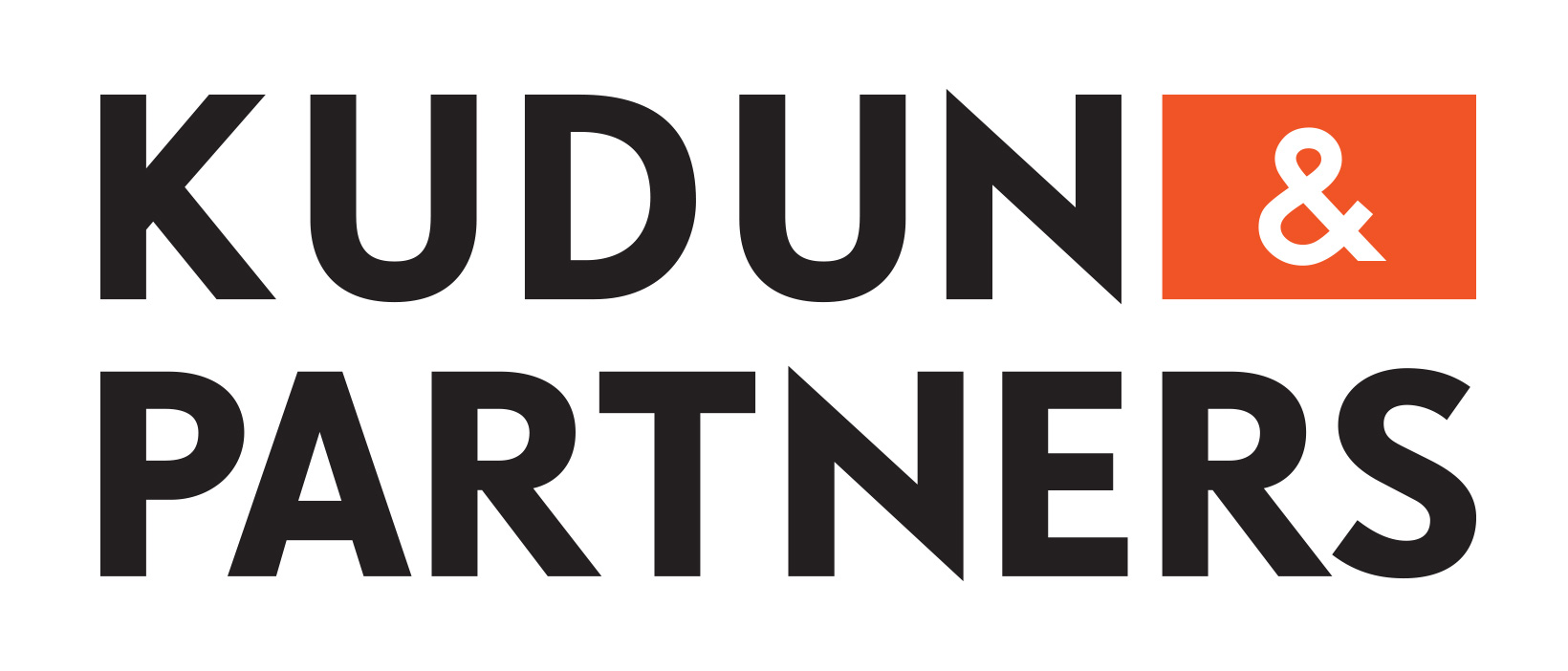March 22, 2023
To improve energy conservation in buildings across Thailand, in 2020, the Minister of Energy issued the Ministerial Regulation Prescribing Type or Size of Building and Standard, Criteria and Procedure in Designing Building for Energy Conservation B.E. 2563 (2020) (the “Ministerial Regulation”) by virtue of the Energy Conservation Promotion Act B.E. 2535 (1992). On 27 December 2022, the Building Control Committee issued the Notification of the Building Control Committee Re: Enforcement of the Ministerial Regulation Prescribing Type or Size of Building and Standard, Criteria and Procedure in Designing Building for Energy Conservation B.E. 2563 (2020) in the Building Control in accordance with the Building Control Laws (the “Notification”) to impose the Ministerial Regulation as requirements under the building control law. Effective from 25 January 2023, it is mandatory for certain types of buildings, i.e., entertainment halls, hotels, entertainment establishments, medical facilities, educational institutes, office or business buildings, shopping malls or department stores, condominiums, and public assembly buildings, to comply with energy efficient design in order to obtain a construction license, a building modification license, or a certificate of construction under the Building Control Act B.E. 2522 (1979) (as amended). As part of the application for a construction license, building modification license, and construction certificate, a building owner is required to prepare an assessment report relating to the building’s energy conservation design. Energy efficient design includes the building facade, lighting system, air-conditioning system, and water heating equipment within the building. Although the Notification is effective as of 25 January 2023, under the Ministerial Regulation, a building with a gross floor area of 2,000 square meters or more, but less than 5,000... March 9, 2023
After decades of enforcing regulations governing advertisement in general, the Committee on Advertisement under the Consumer Protection Act, B.E. 2522 (1979) (as amended) (the “CPA”) repealed and replaced the notifications concerning puffery (statements of exaggeration) and guidelines for proof under the CPA, and issued a new regulation with enforcement starting on 14 January 2023, namely the Notification of the Committee on Advertisement Re: Guidelines on Use of Advertising Statements with Confirmation of Difficult-to-Prove Facts and Guidelines on Proof of Facts Concerning Advertising Statements, B.E. 2565 (2022) dated 2 September 2022 (“New Notification on Advertisement”). Major points and requirements of the New Notification on Advertisement can be summarized as follows: DOs DON’Ts Language. Significant information in the Thai language is mandatory and must be clearly seen, heard, or read, especially for digital advertising. Sizing. Minimum font size of two millimeters for printed media, wording in commercial video and signboards is subject to specified ratio. Color. Contrasting color of text and background. Timing. Key supplementary statements must be superscripted and last at least five seconds. Warranty. Warrantor, warranty period, scope, steps, and conditions must be fully stated. Certification. Evidentiary documents must be in place for examination when using a claim relying on certification, whether by laboratory or other institutions, in Thailand or abroad. Use misleading statements. Use speed and rhythm that are difficult to be clearly heard. Claim specifications which are contradictory to the actual product or service offered to consumer. Disclaim in a manner that puts consumers in a position of disadvantage. Persuade by relying on individual belief or inducing those in distress or in need of consolation. Use certain... February 16, 2023
Introduction Litigation proceedings in Thailand have long been known to be a time-consuming process, and it is typically difficult for the parties to predict what will happen next and when it will happen. In order to expedite the efficiency of judicial administration in Thailand and provide a clearer timeframe of court cases, the Act on the Timeframe of Judicial Proceedings (“Act“) was enacted on 25 October 2022 and has recently become effective on 23 January 2023. To implement the Act, judicial authorities under the Act1 including the Courts of Justice, the Administrative Courts, and the Constitutional Court recently issued their regulations outlining the timeframe of judicial proceedings. We summarize below the high-level information for the relevant timeframe as released by the competent courts. It is worth noting that the Act will apply to both matters that are being processed and ones that will be brought after the Act takes effect. Please refer to the direct announcements of each relevant court for more detailed information. Court of Justice The President of the Supreme Court issued a Judicial Regulation on the Timeframe for Consideration of Litigation Cases of the Court of Justice B.E. 2566 (2023) on 18 January 20232, outlining the timeframe of each step of the proceedings of the Court of Justice (“Judicial Regulation“), and it applies to all Thai courts of justice including all the specialized courts.3 According to the Judicial Regulation, prospective timeframes of proceedings shall depend on the classification of the types of cases prescribed for each level of the courts.4 1. First Instance Court There are three types of case classification (which are mainly based on the level... January 13, 2023
One of the common complaints that commercial entities have about international arbitration in Thailand is the costs. Whilst in the past, international arbitration has been promoted as being cheaper than court litigation, in practice this has not always been the case, particularly in the case of complex commercial disputes or investor state arbitration. Third party funding can dramatically change this landscape. The definition of third party funding, simply put, is where a third party funds the costs of a litigation or arbitration on behalf of one of the parties in return for an agreed return. For parties who wish to pursue litigation or arbitration but cannot afford the costs – or the financial risk – of doing so, this could be an answer to their problems. It may also make a way for arbitrations to become more accessible and pursued in Thailand. In this article, Kudun and Partners and third party funder, Deminor Litigation Funding, examine the possibility of third party funding in Thailand by exploring the current landscape and providing a comparative analysis with the situation in Hong Kong and Singapore. The article concludes with some food for thought as to whether third party funding could be a possible way forward for Thailand. Current landscape in Thailand Third party funding is not allowed in a number of jurisdictions as a result of the common law doctrines of maintenance and champerty. Maintenance occurs when one “officiously intermeddles” in a legal action by maintaining or assisting a party with money (or otherwise) to prosecute or defend the action, when one has neither an interest in the action nor any other... January 13, 2023
Thailand’s traditional alcoholic beverages have been developed for centuries and their growth potential has been recognized in the global market. Several indigenous alcoholic beverage brands have received international recognition and are sold globally. This has continued even though Thailand’s manufacturing of alcoholic beverages-related laws (the “Laws”) are very restrictive. Such limitations include (but are not limited to) minimum capital and minimum production capacity requirements. Due to these restrictions, the majority of Thai small players have decided to proceed with the manufacturing of their alcoholic beverages outside of Thailand. Back in 2019, the Move Forward Party, a political party in Thailand, proposed the Progressive Liquor Bill (the “Bill”), which was aimed at loosening the limitations under the Laws that favor existing players and has spent the past three years campaigning for the Bill to come into effect. On November 1, 2022, the Ministry of Finance issued the Ministerial Regulation on the Manufacturing of Alcoholic Beverages, B.E. 2565 (2022) (the “New Regulation”), which came into effect on the following day, to replace the previous ministerial regulations. Following that, the Bill was put to the vote but was rejected on November 2, 2022. The main reasons given by the government for such rejection were concerns about bootlegging, sanitation, and health hazards to consumers that may arise from non-standard production processes, despite the fact that hygiene falls directly under the responsibility of the Ministry of Public Health, Ministry of Industry, and other governmental organizations. It would appear that the New Regulation is designed only to relax (but not liberalize) legal or regulatory requirements and restrictions to enable small players who has limited capital... By Firm
Key Person Profile
Upcoming Events
Recent Past Events







 Kudun and Partners Limited
Kudun and Partners Limited Kudun Sukhumananda
Kudun Sukhumananda Troy Schooneman
Troy Schooneman







